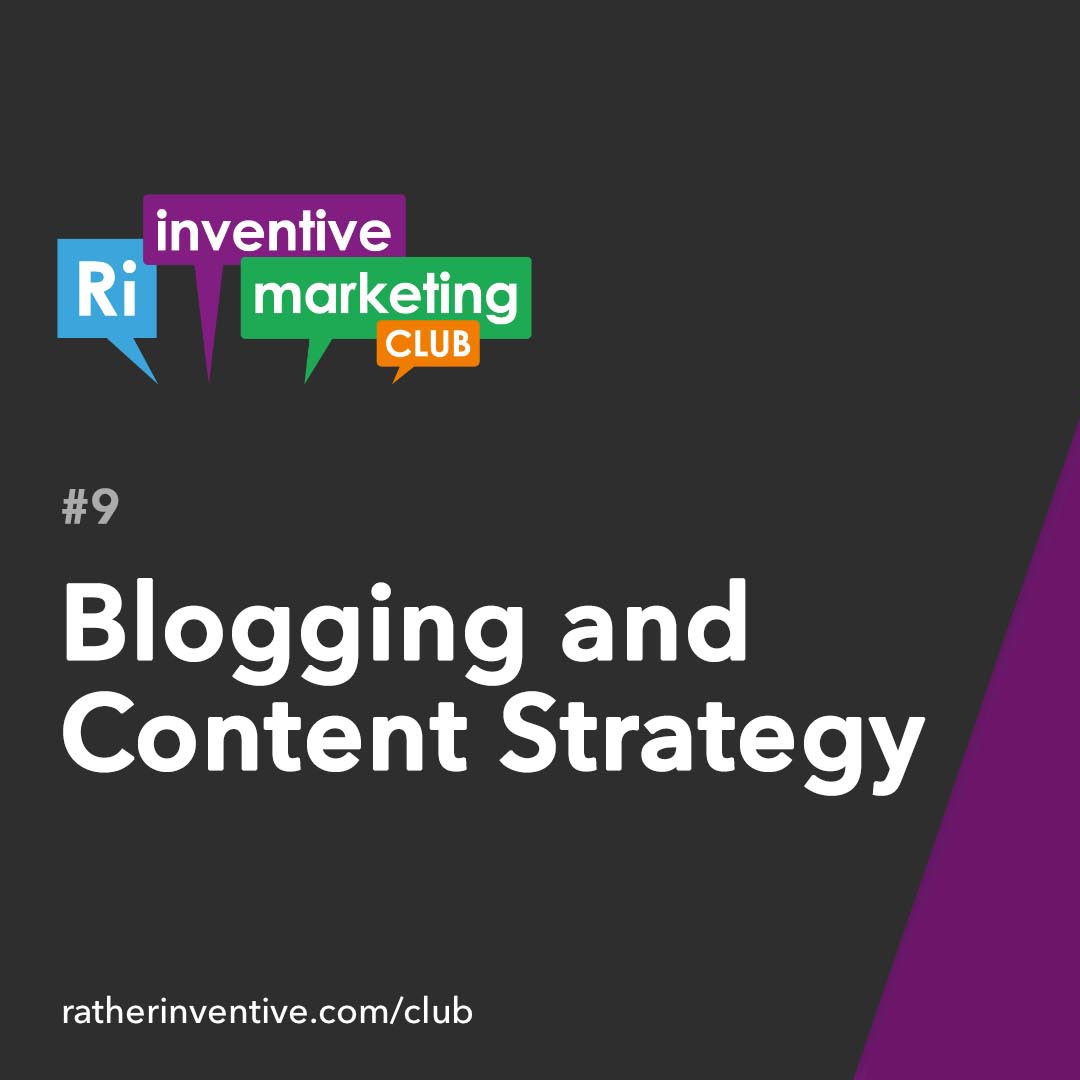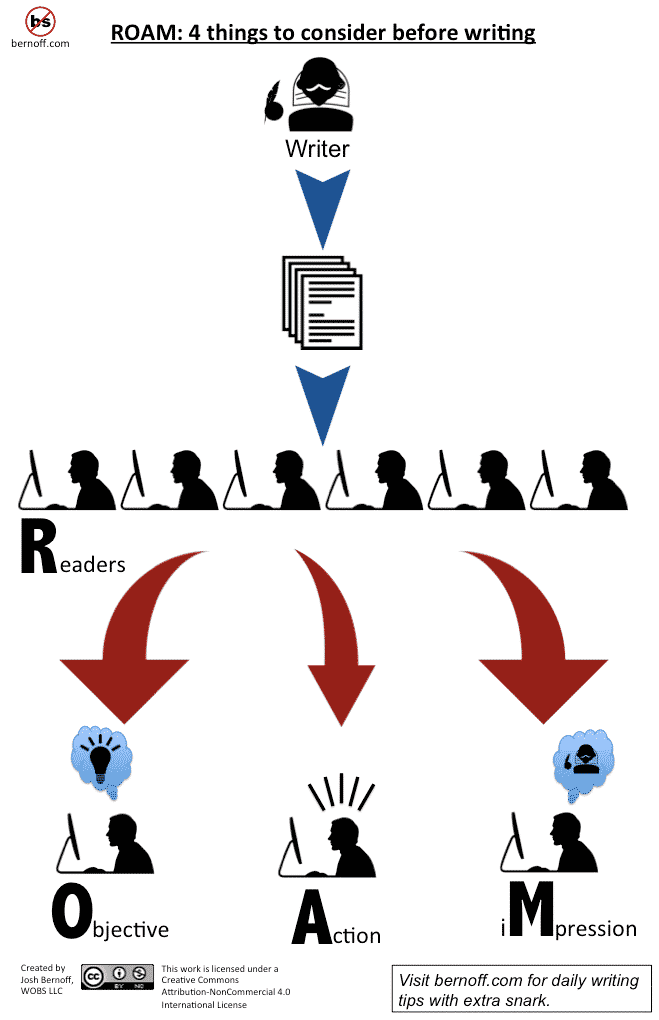It is easy to get bogged down into the constant struggle of reeling in profitable business. And in a tight economy, it’s understandable why we might tighten our belt and trim off the frills. But it’s worth remembering that marketing is one of the key strategies for getting in that new business and building the foundations for eventual sales.
Obviously you need to be sensible, so think about your evergreen marketing; by evergreen marketing I am talking about a marketing idea or concept that will last beyond the next couple of hours, weeks or even years, perennially providing you with new strands of business.
The top four evergreen strategies I would recommend investing in are:
Video
One of the top marketing tools to give your customers value or deliver a personal touch, I cannot express how much I value video. Working around the clock on platforms like Vimeo, YouTube you are able to hook business from worldwide markets.
Whether it is a how to guide, vlog, casestudy, testimonial or product overview it will certainly benefit your business. It doesn’t have to be overly complicated, less is always more and you may even be surprised at how affordable it is.
If you don’t have the capacity to create a short video, think about making a slideshow animation from images or using animated GIFS to help catch your audience’s eye.
Website Facelift
In a world of instant gratification and with many of us carrying a computer in our pockets it seems ludicrous if you do not have an online presence. A handful of pages is better than nothing. The absolute basics should be a clear message about who you are, what you can deliver and how to get in touch with you. This is often the first glimpse into your business so make the effort and make sure it gives a professional vibe.
With current online web design sites such as Squarespace or WordPress their really is no excuse. Even hiring a professional web designer is a reasonable cost for most busineses. Giving your site a facelift does not have to be expensive and often needs just a review of the text, images and search optimisation.
Don’t have a website? At the very least make sure you have an online presence using a Facebook Business page or Google My Business profile. How else will your customer’s find you?
Blogging
Informative and educational articles is where you will capture today’s audience. If we want to know something we ask Google.. delving into a world where at a click of a button we can find out how to fix our washing machine or learn how to perfect a certain recipe.
Whether it’s an informative article or a more informal account of what is happening in your business. The more information you share online through articles on your site, the more this will help capture your audience. By writing and sharing something of true value you are instinctively building trust with your customer by proving that you know what you are talking about. Sharing helpful tips and tricks will make you more memorable and possibly prompt a return visit or even a recommendation.
It will also help boost your website up the Google ranks as the search engine robots favour sites with quality and relavent content as it increases the amount of time that is spent on the site, reduces the bounce rate and increases the number of pages visited per session.
Don’t forget all of the content you are gathering could be translated into a video at a later date!
Case studies
You can huff and puff until the cows go home but nobody can sell your business more than your previous clients. When investing in a new venture or purchase the majority of people these days will search online and read the reviews to help them determine which company they would like to go with. If you are good at what you do, be open. Contact your previous customers and ask them if they would mind giving you a review or sharing some feedback. You never know you might find that you learn something from the feedback which could streamline your business further. Whether it is a short statement, written or filmed interview it will add an extra layer of authenticity whilst reminding them that you still exist and could even prompt further work.
It is important to be careful about what you invest in but don’t be afraid to invest in marketing ideas that are fun or novel as often that is the stuff that hooks in your audience. We are all bored and numb to so many of the mainstream marketing campaigns so think of how you can be different and about what your customers would find helpful.
Image credit: Adrenalin by Artem Bali from Pexels










